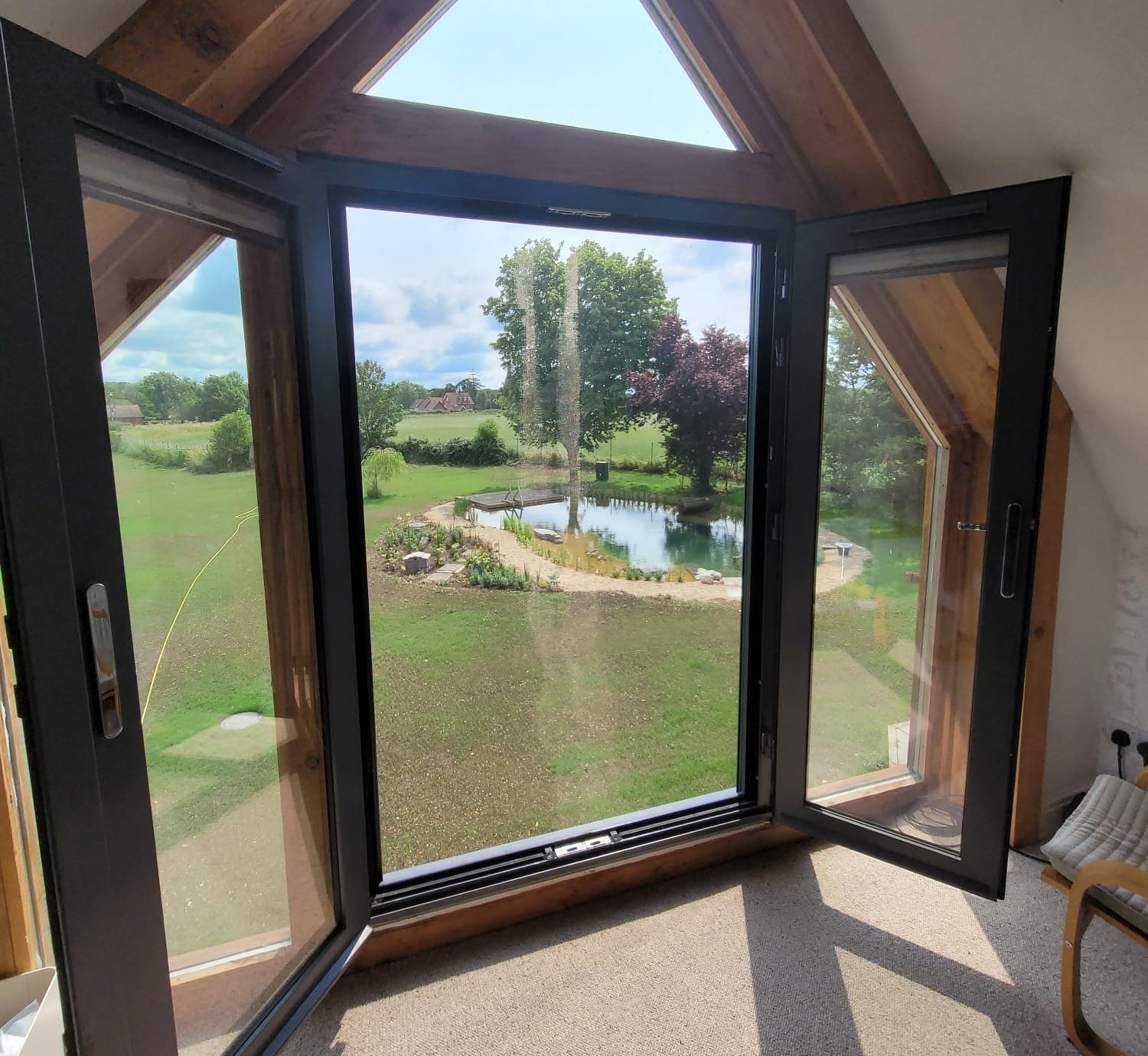
How to Maintain Your Insect Screen
Get in Touch!
If you’re feeling inspired to improve your home with our range of blinds, shutters, screens and much more, you can get in touch with our expert design consultants. We’ll be happy to answer any questions you might have.
Contact UsShare this page
Why Do I Need To Learn Insect Screen Maintainance?
When people have insect screens installed, maintenance isn’t at the forefront of their thinking, and as a result, they can count the number of years that go by before degradation starts on one hand. This often happens because of 2 reasons. Lack of research before installation, and most importantly, how to maintain your insect screen.

How often should I clean my insect screen?
The frequency of your routine should be based on the area you live in and the easiest way to categorise them is as follows:
- If you’re in a rural area: 4 Times a year, every 3 months.
- If you’re in a cityscape: Twice a year, every 6 months.
- If you’re in a coastal town: Monthly.
We understand that there are areas that fit into more than one category. For example, densely populated rural towns and cities with a large amount of green space, so if you find yourself in more than one of these categories, then we suggest finding a balance that works for you.
How do I clean an insect screen?
There are simple do’s and don’ts when it comes to cleaning your insect screens, and as long as you stick to them well, you’ll be lengthening the lifespan of your insect screen.
Do:
- Use soapy water: Other than solutions specifically made for insect screens, soapy water is the safest option for cleaning. We advise against using boiled water as the dramatic temperature changes cause any material to expand and contract. This is especially true if you don’t have a fiberglass insect screen and use aluminium. This is especially true for homes that must wash their screens monthly.
- Use a soft sponge: You don’t have to be too vigorous with the scrubbing. Provided that any visible dirt is removed and ample soapy water has been applied to the surface of your insect screen, you’ll rarely ever have to scrub hard enough for it to be strenuous.
- Let the insect screen dry fully: If your screen is installed into place and you’ve fully extended it to clean, let it dry fully before retracting it into place. On the other hand, if you can remove your insect mesh altogether, simply leave it in an area that’s not prone to moisture and allow it to dry completely.
Don’t
- Use any harsh chemicals (especially bleach): The best insect meshes have some form of coating that goes over the material used to build them. For example, fiberglass is typically coated with PVC to be UV resistant. Bleach not only dulls their shine but after repeated cycles of bleaching, it starts to cause degradation after exposing what’s underneath to sunlight.
- Brushes with thick bristles (i.e. brooms): This is almost for the same reason as using harsh chemicals, however aside from degrading any protective coating, can also poke holes in your insect mesh after repeated cleaning. Although the mesh’s structural integrity may look the same, holes that grow by even the slightest margin will eventually allow smaller fly species of flies to enter.
Maintenance Tips For Your Insect Screen:
- Spot Checks: Taking the time to just look at the insect screen up close and assess for tears and poked holes can be the difference between insects being kept outside or allowed in.
- Dusting: Unless you’re in a coastal area that requires monthly cleaning already, we recommend dusting your insect screens once a month. Over time, if you allow dust to build up, you won’t notice it gradually get dimmer over time until you dust it off to find natural light flooding the house even with the opened screen. This is especially true if you’ve opted for fiberglass like the ones here at Appeal Shading because they’re well-renowned for allowing natural light to pass through them with ease.
- Patience is a virtue: Because of how gentle you should approach the cleaning process, you should be prepared to set aside a good amount of time to clean them. Time yourself on how long it takes you to clean a window screen and then set aside that time every time you have to go back to clean it again.
Choose An Insect Screen That Works For you
Here at Appeal Shading, we’ve made it a point to make an insect screen that works for everyone, especially those in coastal properties. All the while being almost invisible from a few meters away.
Get A Free Online Quote On Your Insect Screen
We have a free no-obligation quoting engine that you can take advantage of, click here to learn more.










































